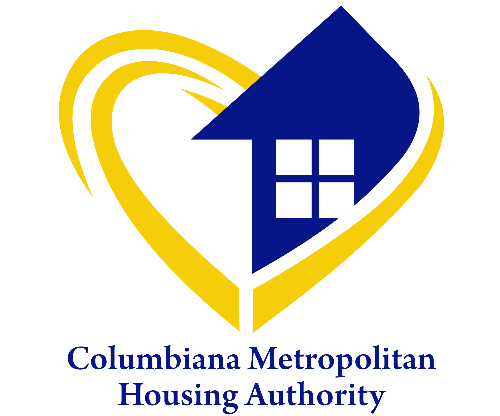How Landlords Participate in the
Housing Choice Voucher (Sec 8) Program
Step 1: Advertise the Unit
Advertise your unit online on listing websites, such as:
CMHA Free Website: cmhamove.com
Affordable Housing:
https://www.affordablehousing.com/
Rents must be the same for assisted units as unassisted units.
Step 2: Select and Screen Tenants
CMHA does not screen tenants for you or share CMHA screening results; Landlords must do their own screening. CMHA completes criminal background checks on all applicants per HUD regulations.
Step 3: Complete and Submit RFTA Packet
The RFTA (Request for Tenancy Approval) may be submitted to CMHA by the landlord or the HCV family.
Step 4: Accept the Rent Offer
CMHA will determine if the rent is reasonable. CMHA may need to discuss a rent adjustment if it is not reasonable.
Step 5: Pass HQS Inspection
An inspector will perform the HQS (Housing Quality Standards) inspection and will either pass or fail the unit. If fail items are discovered, they must be repaired prior to the execution of the Housing Assistance Payment (HAP) Contract.
Step 6: Sign the Lease with the Tenant and the HAP Contract with CMHA
Execute the lease with the tenant - the lease must be the same lease used for unassisted (non HCV) tenants
Complete the HAP Contract with CMHA - HAP contracts must be executed within 60 days of the effective date.
Step 7: Receive HAPs and Manage the Property
CHMA will provide direct deposits to the Landlord’s bank account on the first business day of each month, as long as the Landlord continues to maintain the unit in alignment with the HAP Contract and HQS requirements. As with an unassisted tenant, enforce the lease. It is the Landlord’s responsibility to notify CMHA if tenants are out of compliance with the Landlord’s lease. The Landlord takes any action against the tenant (for example, request they move, eviction) and informs CMHA through landlord@colmha.org email address.
New Landlords
If you are a new landlord, submit the following documents to CMHA:
▪ Tax ID or SSN verification
▪ Form W-9
▪ Voided check (for direct deposit)
▪ Management Agreement (owner will have someone acting in your behalf)
▪ Submit via email to: landlord@colmha.org or Fax: 330-368-3125
Common Fail Items for Inspections
- Smoke detectors are required on each level of the house, including basements and attics with floors.
- All steps (inside and outside) which have 4 or more steps require a handrail. No loose handrails. Treads must be even and level.
- All interior stairways and halls must be well lit.
- All porches higher than 30 inches off the ground must have a railing.
- All windows must be in good condition and have no broken or cracked panes which can cause air leakage or cuts.
- All windows that are accessible from the ground must have workable locks.
- All bathrooms must have a workable window or vent.
- All switches and outlets must have covers with GFCI outlets. Ground Faults Interrupter Circuits must test and reset.
- All electrical splices must be in a junction box with a lid attached.
- No exposed, bare or frayed electrical wiring.
- No open slots or knock outs in the circuit breaker box permitted.
- All water heaters must be equipped with a temperature/pressure relief valve and a diverter tube extending to within 6 inches from the floor.
- Flue pipes on gas furnaces and water heaters must slope upward to the chimney.
- All cover panels must be in place on furnaces and water heaters.
- No deadbolt locks requiring key to unlock from both sides (double key locks).
- All exterior doors must have locks, including basement doors.
- Appliances supplied by the landlord must be in good working condition.
- All plumbing fixtures – sinks, bathtub, toilet, etc., must be secure.
- All repairs must be completed and ready for inspection. No credit will be given for work yet to be completed.
- No over loaded outlets.
- No short circuits in lighting.
- No un-vented heaters or kerosene space heaters.
- No tripping hazards such as loose or torn carpeting. No cracks or uneven sidewalks.
- No cable wires or phone cables on the floor, stretched across rooms, or from room to room (tripping hazard).
- All windows must stay open without a prop.
- No standing water in basement.
- No leaking pipes or faucets.
- All light fixtures must have a shade.
- All sinks and tubs must have control knobs.
- No missing tiles (floor or ceiling).
- All dryers must be vented.
- No garbage or debris in or around the premises (old furniture, tires, trash, etc.).
- All doors must be in hinges.
- Floors must be solid and not give more than one inch under foot traffic.
Additional Documents for Landlords:
View Our Frequently Asked Questions!

